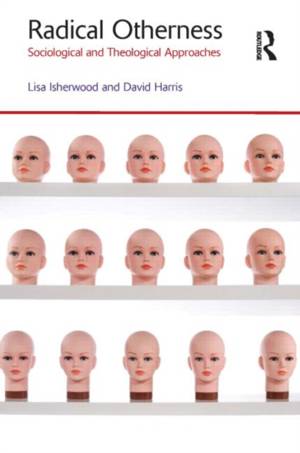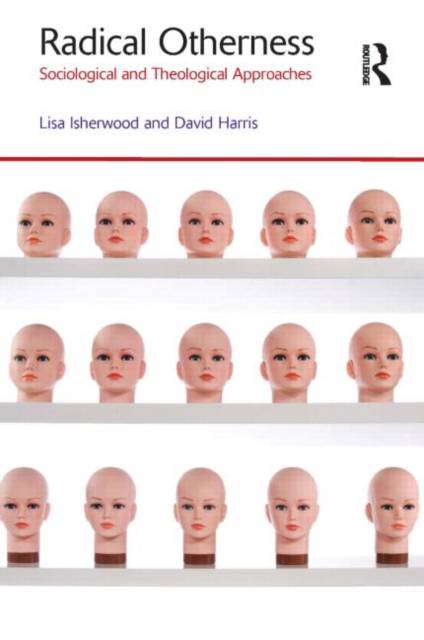
- Afhalen na 1 uur in een winkel met voorraad
- Gratis thuislevering in België vanaf € 30
- Ruim aanbod met 7 miljoen producten
- Afhalen na 1 uur in een winkel met voorraad
- Gratis thuislevering in België vanaf € 30
- Ruim aanbod met 7 miljoen producten
Omschrijving
The problem of otherness is central to debates in both the social sciences and theology. To define the other - by colour, gender, politics, nationality, or religion - is to define the self. Othering has been used through history as a justification for boundary-setting, for conflict and for oppression. Radical Otherness presents a broad overview of otherness in both sociology and theology. The book reveals how social theory can illuminate many contemporary issues in theology, whilst the examination of theological methods can shed light on problematic issues in sociology. The discussion of issues in Radical Otherness moves from the personal to the political, to the hermeneutic, to the ultimate otherness of metaphysics. At each stage, discussion of theory is grounded in concrete examples. The book offers students of ethics, theology, and sociology of religion a clear and engaged assessment of otherness, and opens up new ways for investigating a concept central to the study of both religion and society.
Specificaties
Betrokkenen
- Auteur(s):
- Uitgeverij:
Inhoud
- Aantal bladzijden:
- 196
- Taal:
- Engels
- Reeks:
- Reeksnummer:
- nr. 14
Eigenschappen
- Productcode (EAN):
- 9781844657216
- Verschijningsdatum:
- 30/11/2013
- Uitvoering:
- Hardcover
- Formaat:
- Genaaid
- Afmetingen:
- 156 mm x 234 mm
- Gewicht:
- 453 g

Alleen bij Standaard Boekhandel
Beoordelingen
We publiceren alleen reviews die voldoen aan de voorwaarden voor reviews. Bekijk onze voorwaarden voor reviews.











